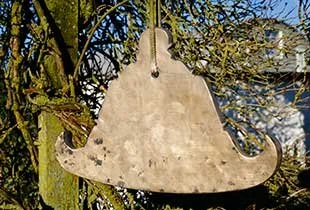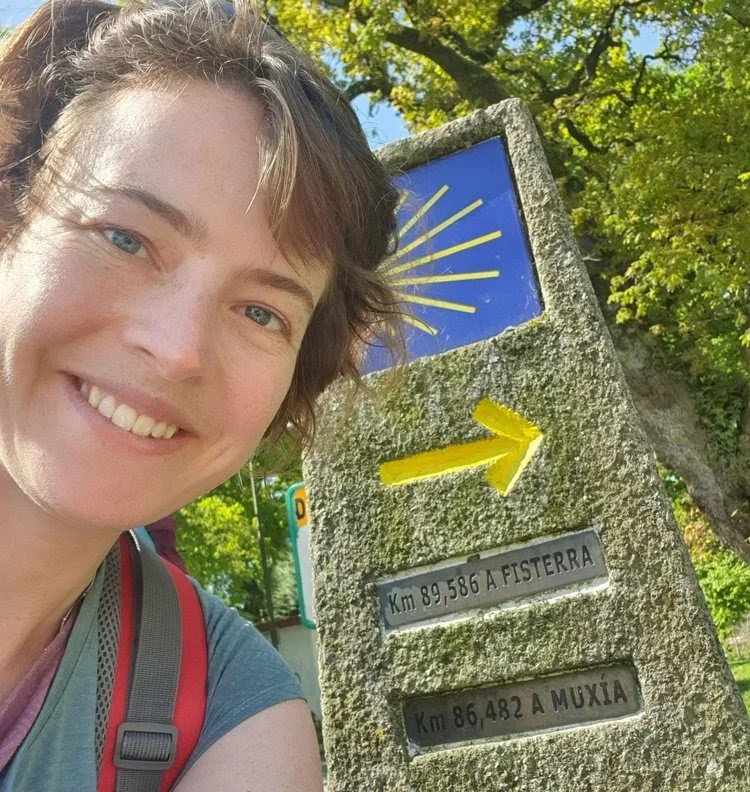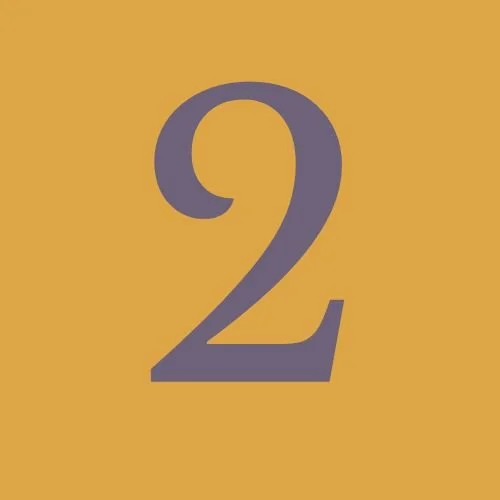Retreats have been an invaluable part of my own recovery journey.
There’s something about being scooped up and completely taken care of that has given my nervous system the real break it’s needed to begin healing more deeply.
Retreats can be a significant financial investment, but if you are in a position to afford one they can also really fast-track your recovery process. Here you’ll find a guide to choosing a retreat, affording it and making the most of it.
Retreat Recommendations
Here are a few retreat recommendations. You will find further ideas on how to find your own retreat below. If you’d like to make a recommendation, I’d love to hear it. You can contact me here.
Held Into Wholeness Retreats
In person, Sheffield UK
Focus: personal healing, rites of passage.
If you happen to be in or around Sheffield in the North of England, I’d love to have you at one of my own in person retreats. Find out more about my Held Into Wholeness retreats below.
Plum Village
In person, worldwide
Focus: Mindfulness
Ticht Nacht Han, a Vietnamese, Buddhist monk known as the father of mindfulness, set up 11 Monastic Practice Centers around the world. Each year, these centres welcome people from all over, offering retreats and teaching on mindfulness. I have attended the centre in France and found it to be a truly mind expanding, beautiful experience.
Vipassana Retreats
In person, worldwide
Focus: Meditation
Vipassana is one of India's most ancient techniques of meditation, being more that 2500 years old. Vipassna run 10 day silent retreats offered on a pay as you feel basis, making them a very affordable option. They can be deeply transformative, but are also often offered in very basic conditions and can be emotionally quite challenging as they involve 10 days of almost complete silence and many hours of meditation.
The Camino
In person, Europe (France and Spain)
Focus: Pilgrimage
The Camino is a vast network of ancient pilgrimage routes across Europe that lead to the shrine of the Apostle James the Great in northwestern Spain. While rooted in Christian pilgrimage, people now undertake the journey for various reasons, including spiritual reflection, personal growth, or simply as a walking holiday. I walked 200km of the Camino myself as part of my own recovery and it was a deeply transformative experience which you can read more about below. The Camino is an affordable pilgrimage option with overnight stays costing as little as €10 a night.
Men’s Rites of Passage
In person or online, UK or US
Focus: Male recovery
Although, as a woman, I have not personally experienced these Rites of Passage journeys, they come highly recommended and I have seen the healing power they can have for those who undertake them. I hope to include recommendations for Rites of Passage appropriate for all genders soon. Click here for UK Rite of Passage info or here for US Rite of Passage info.
Finding Your Own Retreat
Here you’ll find some ideas for finding your own retreat.
What is your retreat for?
It’s important to think through what it is you really feel you need at this moment in time when choosing your retreat. This will of course vary over your recovery journey so it’s worth coming back to this question every so often. Here are some ideas of different kinds of retreats on offer…
Respite retreats- total relaxation with everything laid on, including food, in a comfortable setting.
Guided retreats- there may be a topic you particularly want to explore, such as grief or meditation, in which case you can choose a retreat with this as its focus.
Self guided/ organised retreat- you can create your own retreat by simply booking a lovely accommodation or spa somewhere away from it all.
Retreats with 1:1 support- some retreats offer daily 1:1 support from a therapist, coach or guide, to help you work through whatever is bubbling up for you over the course of your retreat.
A Working Retreat- you might want to take a retreat related to your area of work. For example, a writer’s retreat, a discernment retreat, or a retreat that also contains teaching relevant to your area of work.
Religious/ Spiritual Retreats- One way of choosing your retreat is by looking for retreats offered through a particular religious or spiritual tradition you are part of.
Online Retreats- nowadays, you can easily retreat from home with many online retreats offered. This can be a more affordable and accessible option.
Day/ Weekend/ Week + Retreats- different retreats offer different lengths of time. If you’ve never had a retreat before and you are feeling a bit nervous, it might be worth starting with a day or overnight retreat first to see how you get on.
Pilgrimage- pilgrimages tend to be walking retreats, such as the Camino listed above. You can follow a traditional pilgrimage route where you are likely to meet other people, or design your own pilgrimage based on sites that are of personal significance to you.
You can use a retreat directory online based on your criteria to help you find your retreat. It’s also always worth checking to see if there are any reviews of the retreat online also.
Choosing Your Retreat
Be mindful of your own capacities. Will this retreat mean spending a lot of time on your own, and is that something that you will find restful? Will it involve spending a lot of time with others, and will that feel restful? Do you need 1:1 support? Do you need some kind of teaching or input to stimulate you, or will that be overwhelming at this moment in time? Be as thoughtful as you can in choosing the retreat you need, and the length of time you want to go for.
Making the Most of Your Retreat
It is worth thinking through how you want to make the most of your retreat. For example, if you are particularly busy just beforehand you might find you spend the time recovery from that rather than entering into deeper rest. Alternatively, you might choose a retreat at that time for that exact reason!
Think through how ‘contactable’ you want to be on your retreat and whether you even want to have your mobile phone on during this time.
Finally, have a think about your returning process after the retreat. Sometimes, if we have a particularly deep experience, it can be a bit bumpy coming back to ordinary life so it’s worth creating some space and gentleness around your return if you can.
Financing Your Retreat
Going away on retreat can be quite an expense. Here are some ideas for how you might keep costs low or finance your retreat.
For support with the financial aspect of burnout recovery more generally, take a look at ‘Navigating Money’ in the Design Your Recovery Plan section.
Ask for a discount- It’s amazing what you can get simply by asking! Some retreats will offer discounted places for folks experiencing adversity so it’s always worth asking.
Charity retreats- some charities offer free or heavily discounted retreats which you might be able to access if, for example, you are a carer, are affected by cancer or have recently experienced a significant loss.
Go on a working retreat- Ask your employer if they would pay for the retreat as part of your professional development, or if you are self-employed, finding a retreat that relates to your work will enable you to expense it.
Create your own retreat- Book a lovely accomodation, turn your phone off, take prepared food, your favourite books and a journal and create your own retreat. It will be significantly cheaper. You can even simply book out a day (or a couple of hours!) at home full of your favourite things, or perhaps an online retreat.









